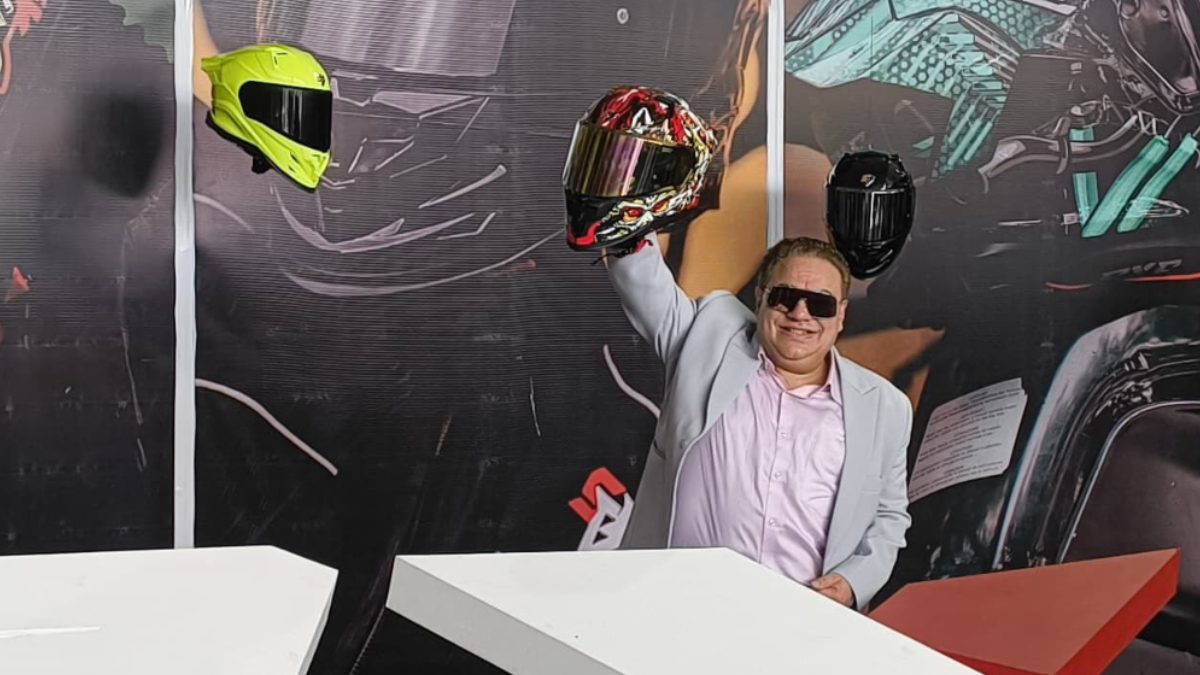Premium Helmets with higher levels of certification will become more and more common but the market will continue to be driven by affordable ISI-certified helmets.
In India, helmets are still considered an unwanted necessity, something which is adopted to protect yourself from hefty fines rather than the head. But the fact remains that wearing helmets may not reduce accidents but definitely reduces the risk of fatality in an untoward incident. In recent years, a certain section of riders have started investing in good helmets prioritising safety.
Off late, consumption and demand for premium helmets has increased. This consumer behaviour syncs with the passenger vehicle and two-wheeler sales as well, with more and more people opting for premium, more expensive helmets that provide an added layer of protection.
Steelbird, the market leader of helmets in India, has started ramping up its production for both mass and premium offerings. In a brief interaction with Rajeev Kapur, Managing Director of Steelbird Helmets, Express Drives learnt about the various processes involved in manufacturing a helmet. We also got to know about the certain headwinds in the helmet market which will give direction to manufacturers in the near future.
Complexity of Helmet Manufacturing & Testing
Kapur revealed that each Steelbird helmet undergoes at least two years of intensive research and development followed by testing and trial before it goes on sale. He repeatedly stressed on how complex both the helmet manufacturing and its testing processes are. He outlined the importance of raw materials in manufacturing—from ABS (Acrylonitrile Butadiene Styrene) fibre, polycarbonate, anti-scratch chemicals, and paints to EPS Expanded Polystyrene) liners, straps, and even anti-bacterial treatments.
Manufacturing helmets involves injection molding machines with fixed parameters and no changes are allowed without “intense testing.” Kapur assured that the organization has a strict policy: no one is allowed to alter production settings unless rigorous tests are carried out. He further revealed that the thermoforming process for helmets is dense, the thickness is minimal, and yet the helmet must meet stringent safety criteria.
Standards Compliance & Testing Methodologies
All helmets sold in India need an ISI certification as a mandatory requirement. However, there are other global standards that helmet manufacturers have started complying with. These include DOT (USA), ECE (Europe), and Snell (Motorsports). These standards are limited to premium helmets. Steelbird happens to be one of the few homegrown brands to offer helmets with the above-mentioned certifications, depending on the model.
However, Kapur admitted that all standards including ISI share similar fundamentals revealing about 80% requirements for these standards overlap. Impact values known as G values differ in each standard based on assumed motorcycle speeds. In India, helmets are tested around 60 kmph. The DOT standard covers speeds up to 120 kmph, whereas…
Disclaimer
We strive to uphold the highest ethical standards in all of our reporting and coverage. We 5guruayurveda.com want to be transparent with our readers about any potential conflicts of interest that may arise in our work. It’s possible that some of the investors we feature may have connections to other businesses, including competitors or companies we write about. However, we want to assure our readers that this will not have any impact on the integrity or impartiality of our reporting. We are committed to delivering accurate, unbiased news and information to our audience, and we will continue to uphold our ethics and principles in all of our work. Thank you for your trust and support.
Website Upgradation is going on. For any glitch kindly connect at 5guruayurveda.com



